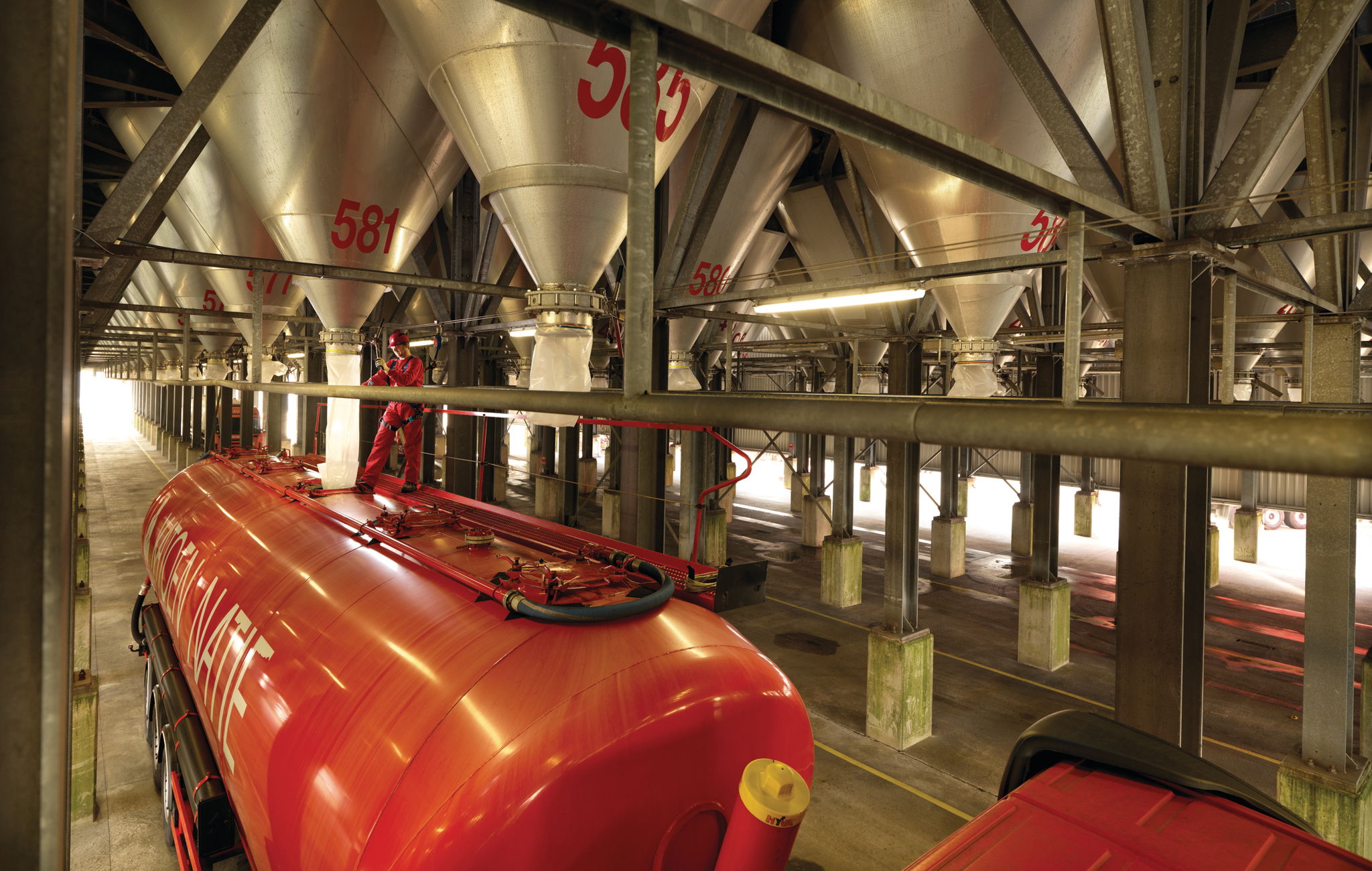Port of Antwerp launches 'zero pellet loss' innovation challenge
Looking for innovative solutions to ensure that no plastic pellets are lost while loading bulk consignments from silos
Antwerp is the main polymer hub in Europe for production, handling and distribution of plastic pellets. These are part of our daily lives. From smartphones and bicycles to mattresses, insulation, solar panels and life-saving medical equipment. Port of Antwerp, together with the entire plastic value chain, is endeavouring to keeping the loss of pellets to an absolute minimum. In the context of 'zero pellet loss', Port of Antwerp is therefore launching an innovation challenge to develop a solution that will ensure that no pellets are lost during the loading of bulk trucks and containers from silos.
Zero pellet loss
Every year, millions of tonnes of polymers or plastic pellets find their way, via the port of Antwerp, to other hubs in other parts of Europe. During the various operations carried out during the plastic chain as a whole (production, logistics, transportation and processing), small losses can occur that ultimately accumulate in greater concentrations in the environment. The entire port community is aware that these pellets, like other floating waste, do not belong there. That is why Port of Antwerp, together with the entire plastics industry, has made the prevention of the loss of these plastic pellets a top priority.
The challenge: zero pellet loss while loading from silos
The plastic pellets are mainly stored in silos for further throughput. During the loading process of load bulk trucks and containers spills may occur, despite existing retention and cleaning procedures. In addition, there is also the risk of plastic pellets remaining on top of the bulk truck or on the chassis and entering the environment in that way. Various initiatives have already been implemented by producers and logistics players to limit possible losses, such as collars around the loading arms to retain any pellets that might be splashed.
Nevertheless, there is still room for innovation to further optimize the process. After all, to prevent the remaining loss of pellets is often the most difficult. Given that the port of Antwerp acts as a polymer hub that is home to very many different firms within the plastic value chain,the challenge is precisely to take into account a diversity of types of silos, users, procedures, containers and polymers.
Innovation challenge
In order to step up the game, Port of Antwerp is launching an innovation challenge. Candidates who have an innovative solution that will ensure that no pellets are lost during the loading process from silos, can submit their idea until 29 May 2022. An expert jury from the plastics industry will evaluate the submissions based on multiple criteria such as broad applicability, efficiency, usability, feasibility, innovative elements and zero loss. After a selection process, the selected concepts will be tested for feasibility. The solution with the best proven result will be rewarded with €5.000.
For more information on the innovation challenge: https://future.portofantwerp.com/zeroPelletLossChallenge
Vincent Van Dijck, Environmental Expert Port of Antwerp: “There are already numerous techniques in the plastic value chain to prevent pellet spillage. Various factors make the loading activity more complex than it seems and with this challenge we want to tackle the "last mile". Because zero pellet loss remains our goal and top priority."
Annick De Ridder, Vice-Mayor City of Antwerp & President Port of Antwerp: “Plastic pellets have a place in the port because of their many smart applications, but that place is not in the Scheldt, the dock water or nature. Therefore, together with the industry, we will put our shoulders under our 'zero pellet loss' ambition. Innovative solutions from the industry itself are the way forward.”
